Patrick T. Brown recently told the world that in his most recent paper, he adjusted the numbers and information in order to ensure his paper was approved by top academic journals.
Brown’s statement has since sparked a wide variety of conversations, including how this plays a role in the public’s distrust of science, as well as how the scientific community is functioning as a whole.
Brown’s Paper on Wildfires Gains Global Attention
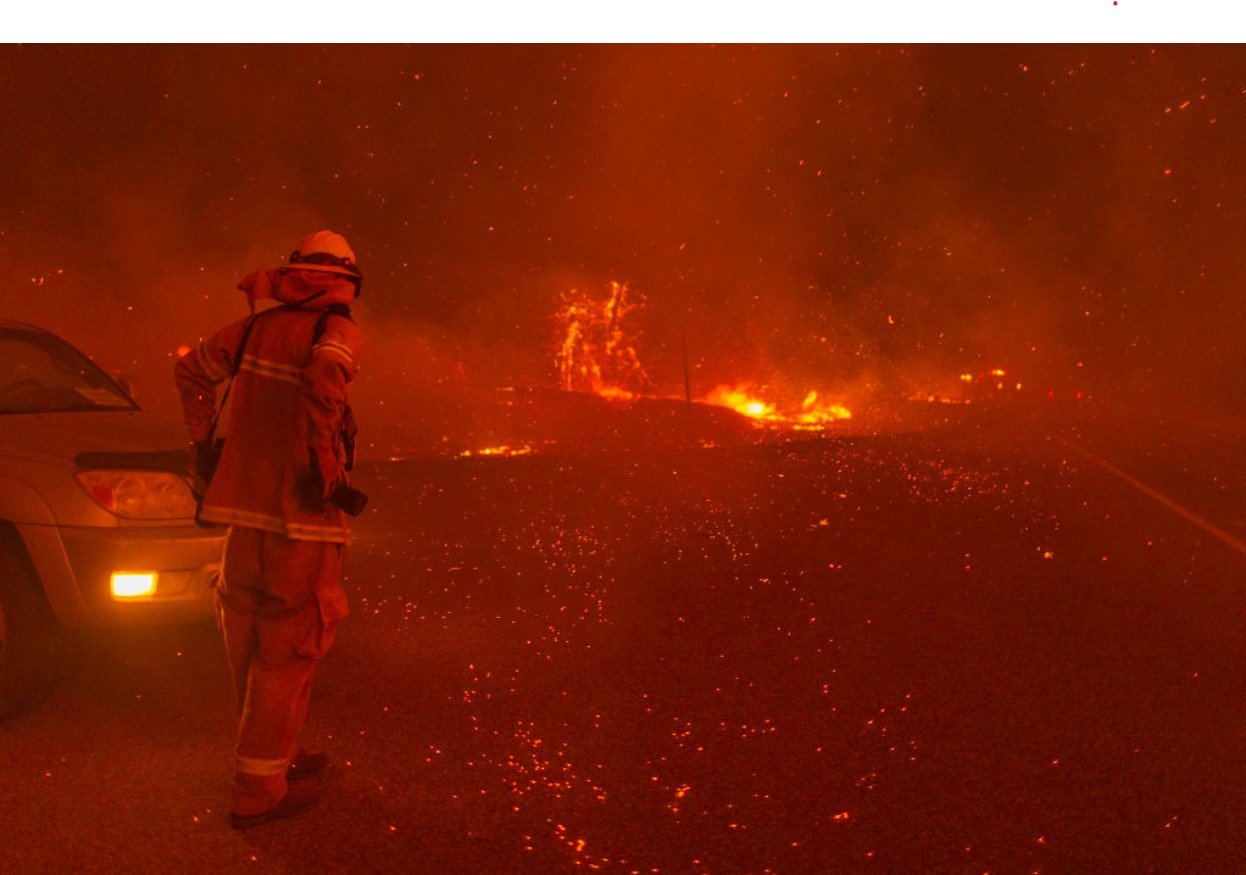
Patrick T. Brown is a scientist and leading author in the field of climate change, and his most recent paper entitled “Climate warming increases extreme daily wildfire growth risk in California” has gained an almost unbelievable amount of attention.
Most scientific papers are not read by the general public as they are written for other scientists and academics. But because of Brown’s statements about the paper, as well as the fact that the climate debate is one of the most important conversations happening on Earth today, everyone is now looking at Brown’s wildfire data.
Brown Changed the Paper so Journals Would Accept It
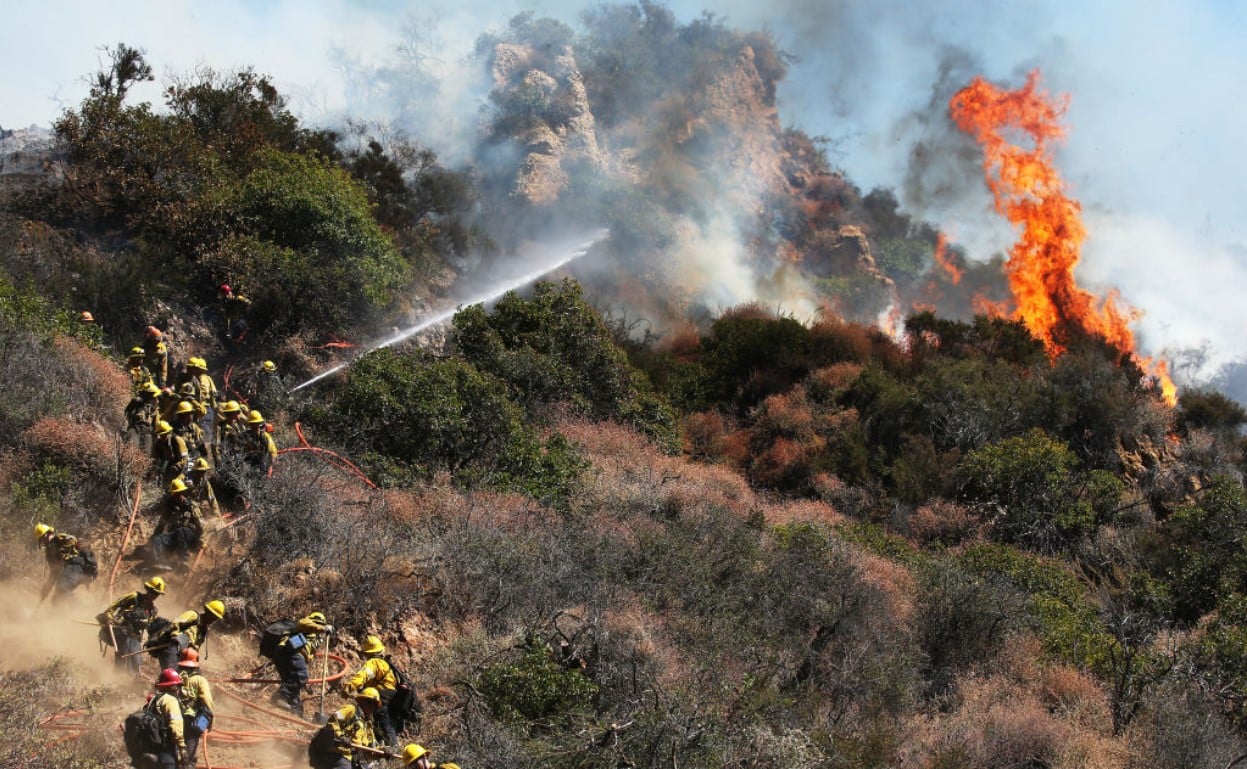
Brown, co-director of the climate and energy team at the Breakthrough Institute in Berkeley, told the world this week that he adjusted his paper in order to ensure it got published.
He told the world, “The paper I just published— ‘Climate warming increases extreme daily wildfire growth risk in California’ — focuses exclusively on how climate change has affected extreme wildfire behavior. I knew not to try to quantify key aspects other than climate change in my research because it would dilute the story that prestigious journals like Nature and its rival, Science, want to tell.”
The Paper Is Still Full of Legitimate Research, It’s Simply Worded Differently
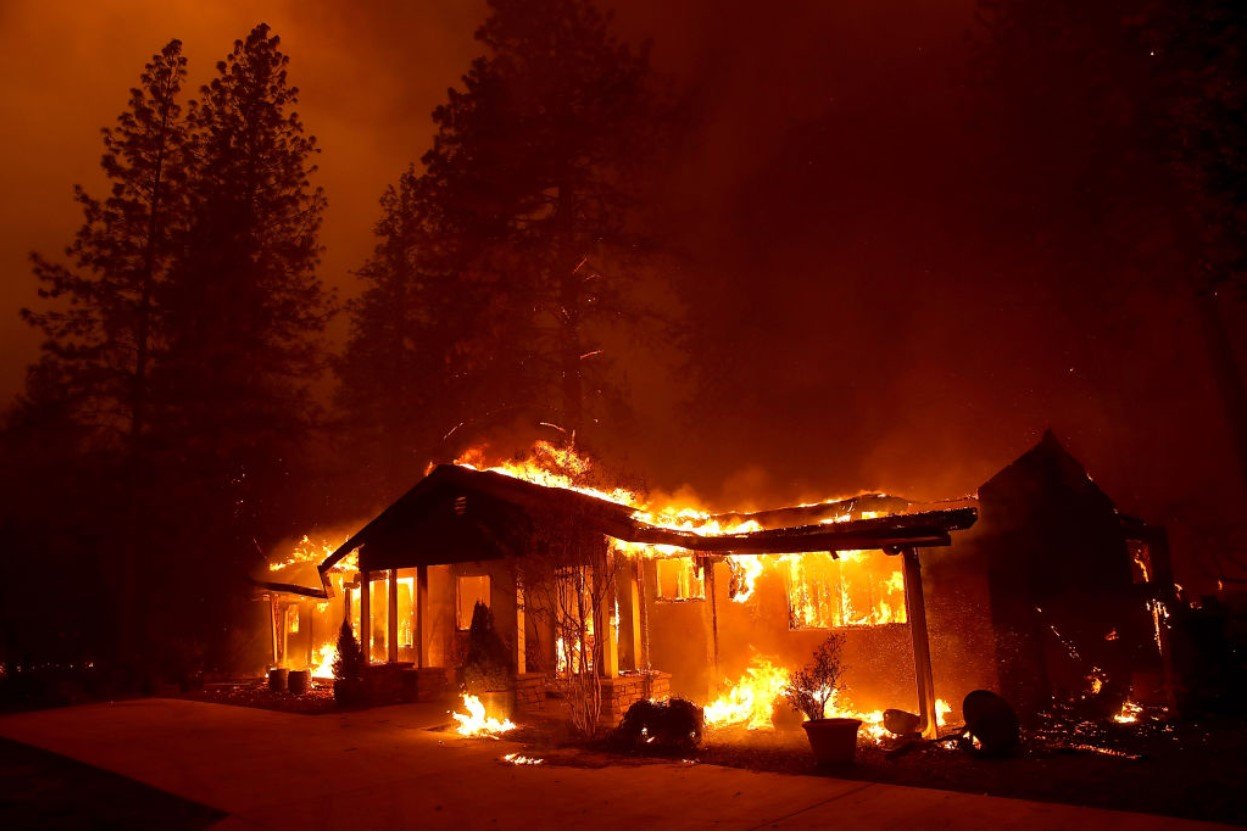
Brown wants to make it clear that the data and information in the paper is accurate, it’s simply adjusted to show the reality of climate change.
Essentially, the author selected certain metrics and timeframes that produced the largest numbers in order to make the study more useful in understanding how climate change is contributing to the increasing wildfires in California.
Brown’s Co-Authors Don’t Understand His Recent Statements
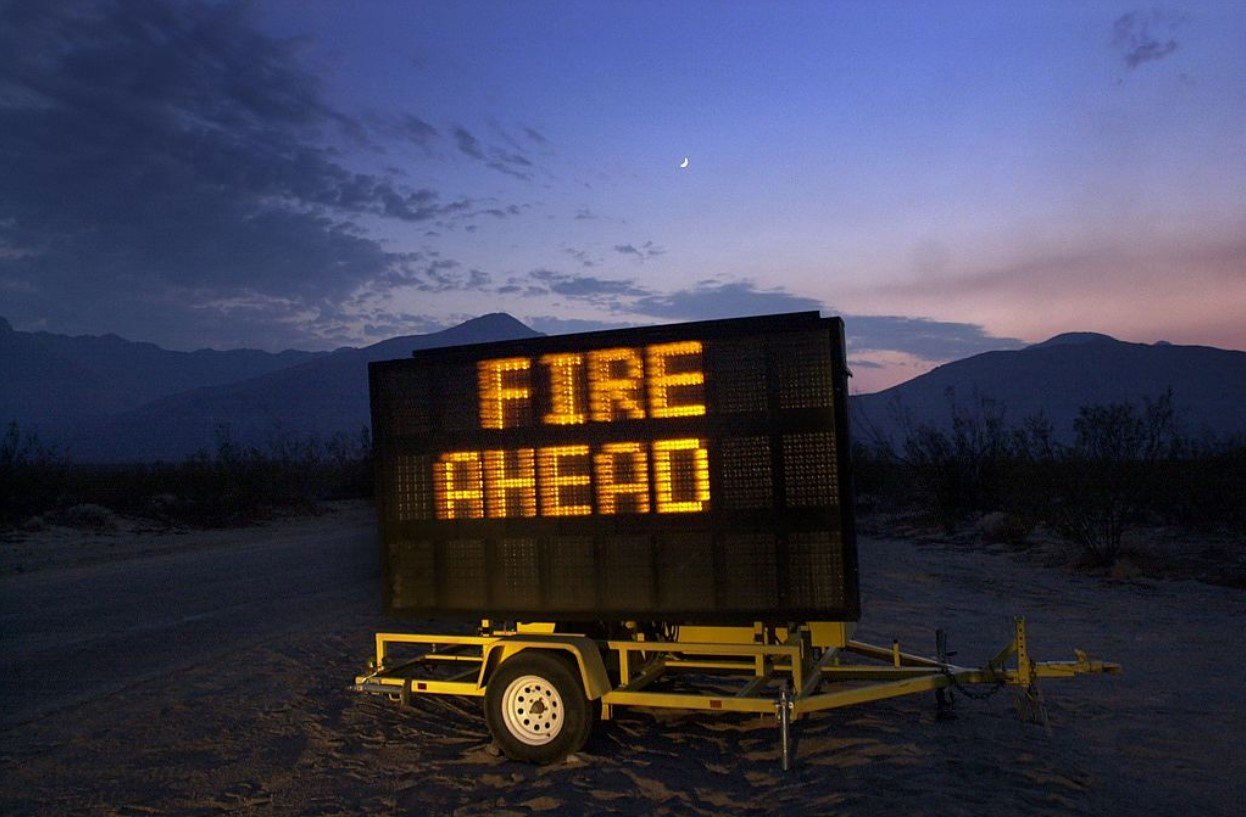
While Brown stands by his statements, his co-authors are shocked by his choice as they don’t believe that there were any inappropriate adjustments made to the research.
They claim that the paper was clear about the research, and that any academic reader would understand how the climate change factors mentioned would affect the potential for growing wildfires.
Climate Change Activists Argue That the Science Cannot Be Wrong
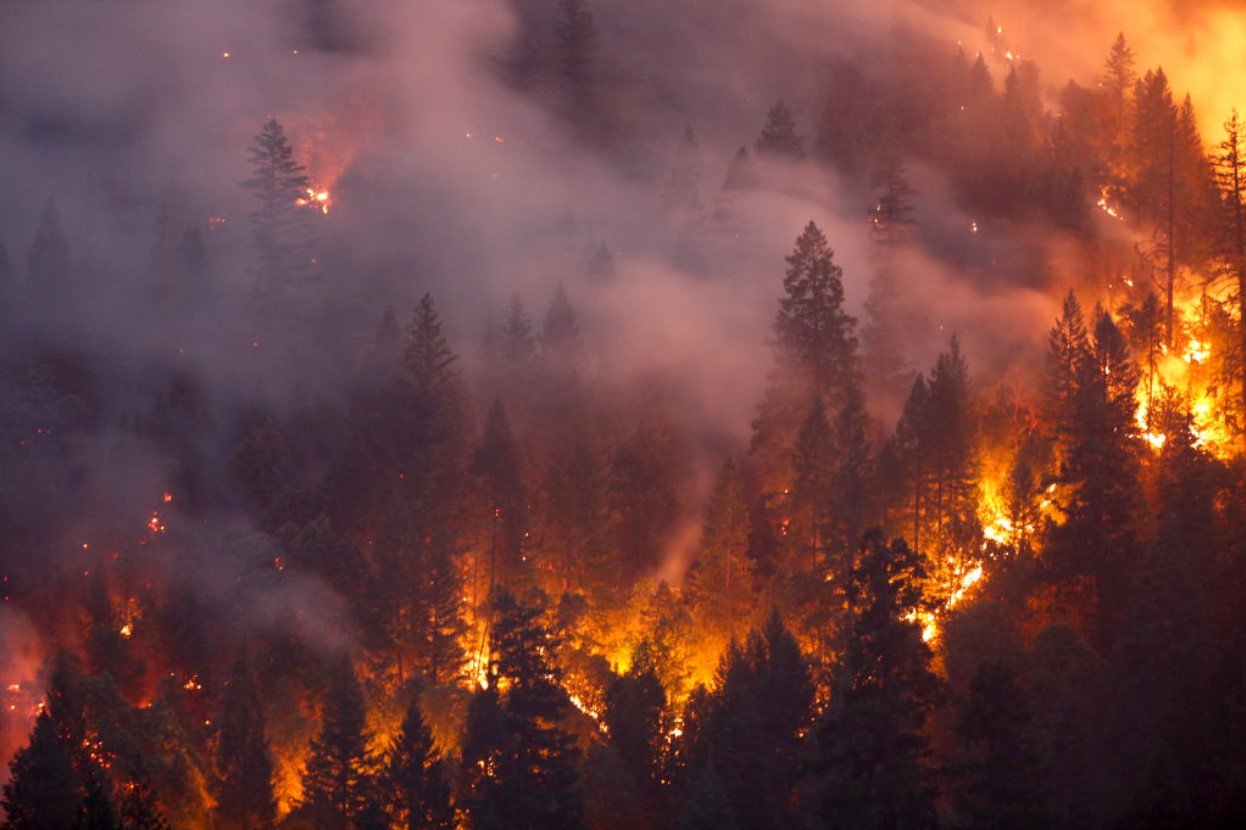
One of the reasons why Brown’s statements have sparked worldwide debate is because within the climate change conversation, those who argue that climate change is a real and immediate problem use scientific papers, such as Brown’s, to support their case.
The idea that science could be being adjusted in order to encourage people to support climate change would completely shatter the claim that all scientific research can be used as absolute truth.
Conservatives Have Long Been Questioning Climate Change as a Whole
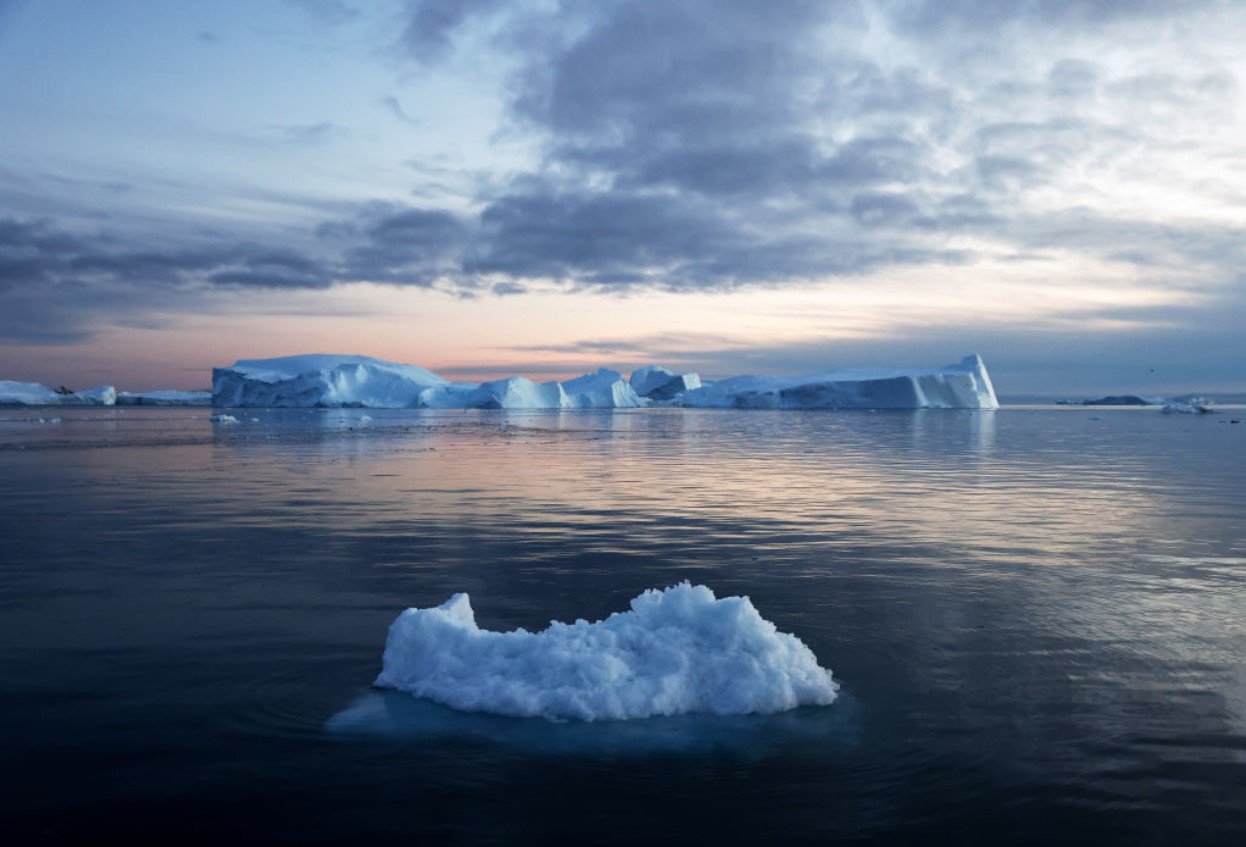
On the other side of the debate, conservatives have long been questioning whether or not the scientific research being shared with the public about climate change can be trusted. And this new information really adds fuel to that fire.
Even those who previously trusted that scientific research was completely accurate are now wondering just how much of the information the public receives about climate change has been fine-tuned to tell a specific story.
Scientists Within the Field Worry the Process of Study & Publication Is Becoming Biased

In addition, scientists are also extremely concerned by this turn of events, but for an entirely different reason.
Assistant professor in research methods at Heriot-Watt University, Daniele Fanelli, who focuses on scientific bias and misconduct told the media, “The fact that a scientist would choose a particular metric to make the numbers look more impressive suggests that there is a quite unhealthy conflation within scientific papers of the scientific concerns and the policy concerns, or impact concerns.”
Many Researches Are Supporting Brown’s Choice to Come Clean
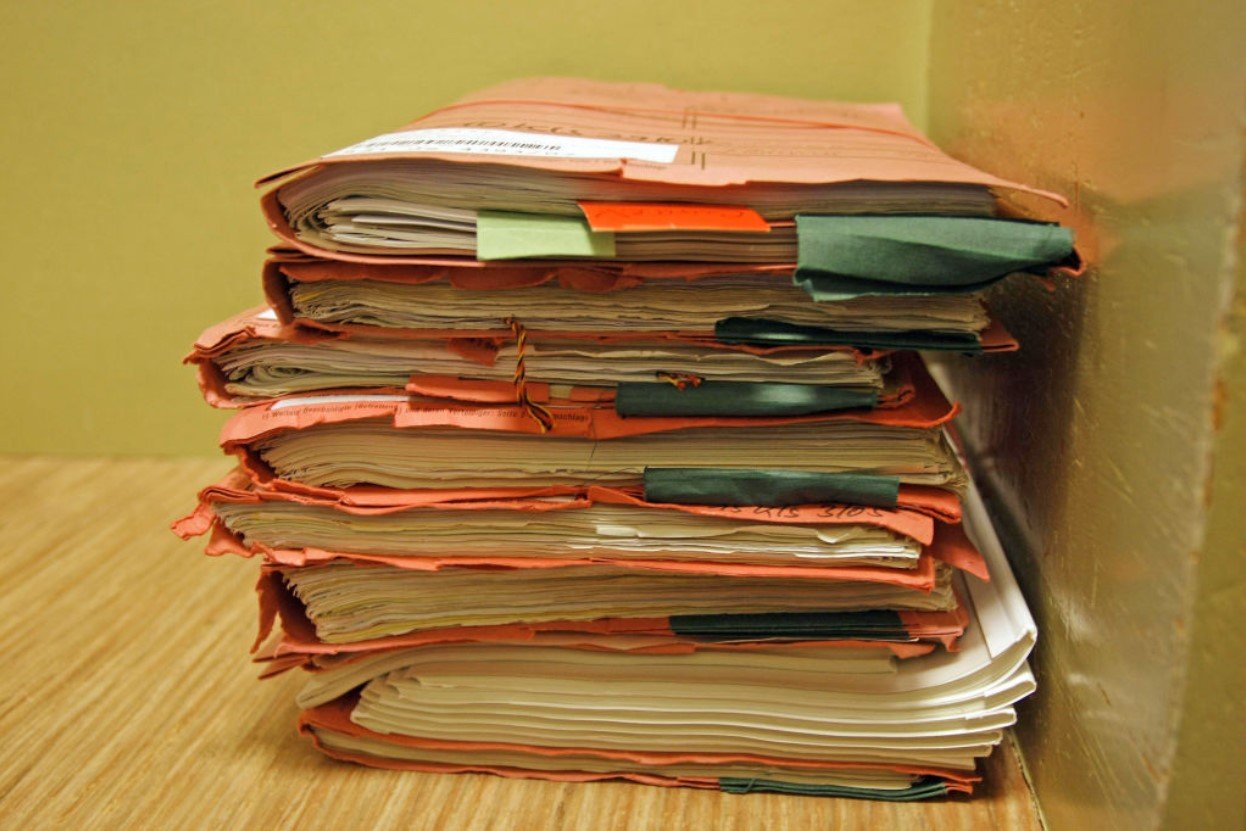
Researchers within the climate change field as well as many others have supported Brown’s comments and made their own in order to help explain where he was coming from.
Once scientist from UC Santa Barbara, Max Moritz, explained, “He’s calling out a problem that is real. I think that there’s a real gap between science and policy, and part of that path between science and policy often involves journalists and high-profile publications that catch the eye of journalists and give scientists a voice and a platform to get a message out there that’s important. And I think he’s calling attention to the fact that more nuanced, complex studies should also have the same opportunities.”
Are Journals Only Publishing Articles That Confirm Climate Change?
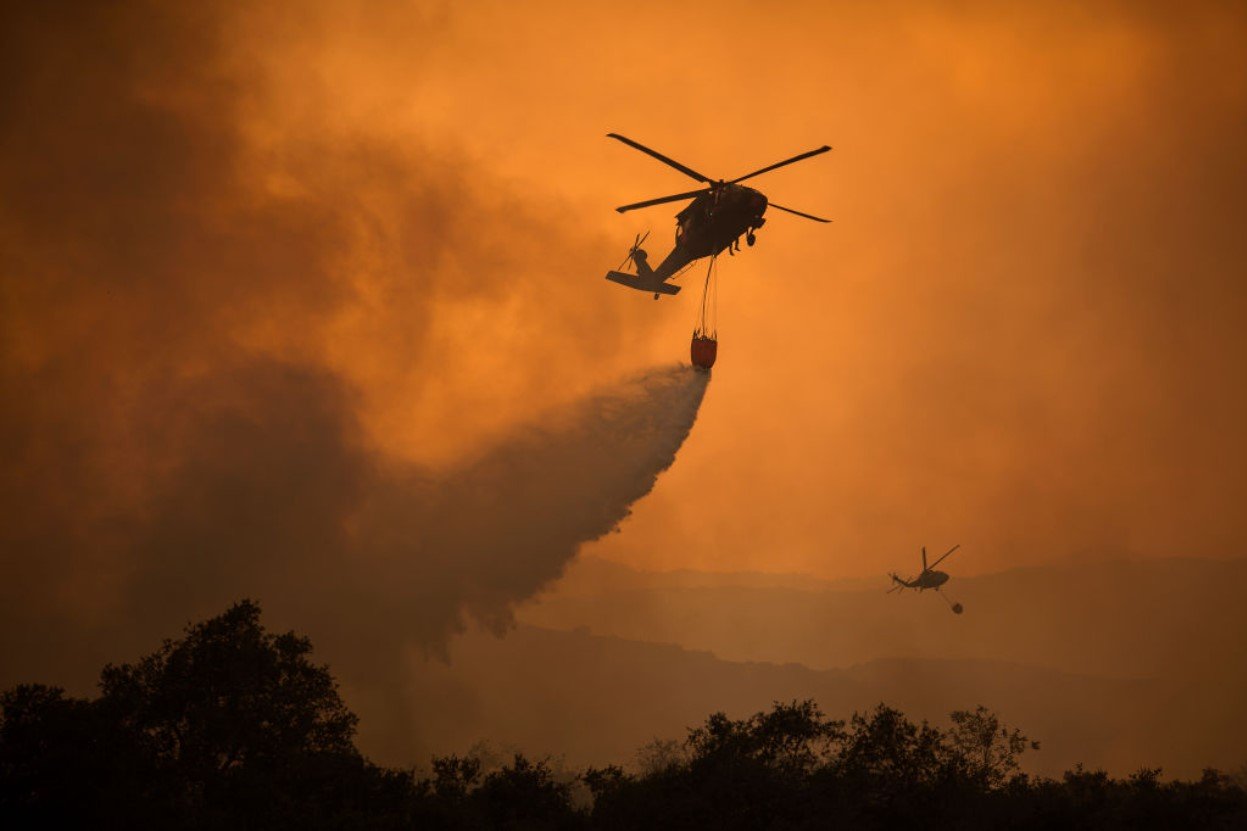
While conservatives and climate change deniers are excited by the prospect that they were right all along, and that journals and news sources are only sharing information that confirms climate change, Brown claims that is not the point he was trying to make.
Brown has spent his career understanding and explaining climate change, and he agrees that it is very real with ample science to back it up. The point of his comments was to call out the scientific community and the publication process, though many are arguing that Brown is simply wrong and that scientific journals are in no way biased as he claimed.
“I’m Trying to Reform Science From Within”
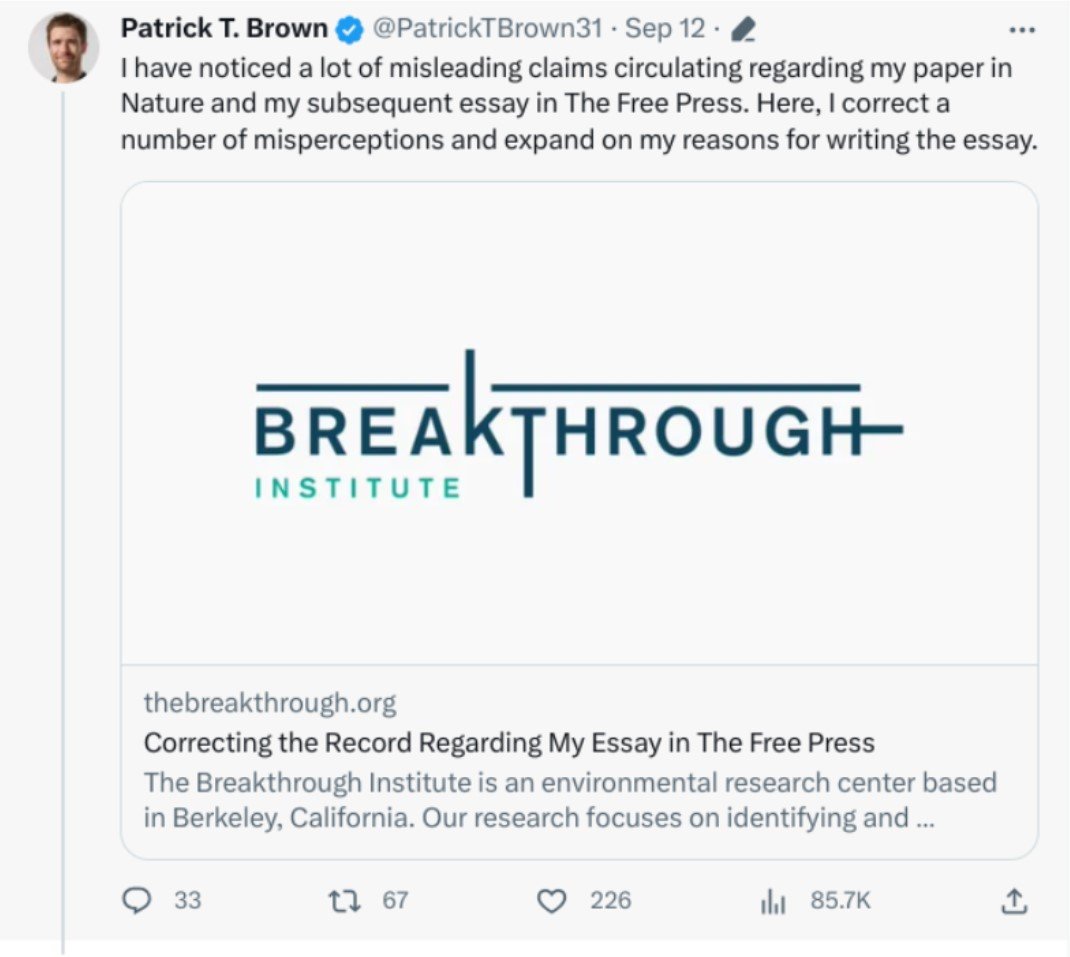
Brown wants everyone to know that he did not manipulate data. He explained, “I’m calling out our paper but it’s a completely normal paper. There’s nothing wrong with the paper itself. All of the facts and the caveats that we don’t look at things other than climate — it’s all right there in broad daylight.”
Brown claims that he wasn’t trying to undermine his own study, but instead speaks directly to the pressures scientists feel to simplify their work in order to be published. He in no way wanted the world to believe that climate change isn’t real. He simply wanted to “reform science from within,” and ensure future publications were allowed to contain complicated and maybe even contradicting information.


